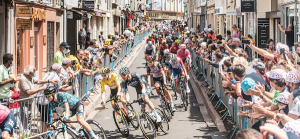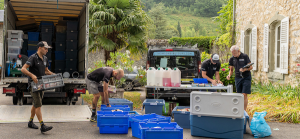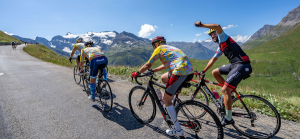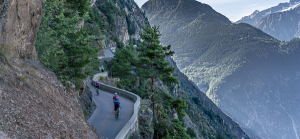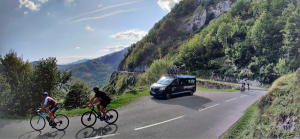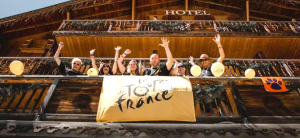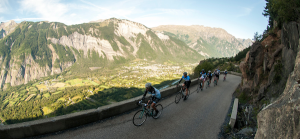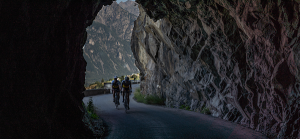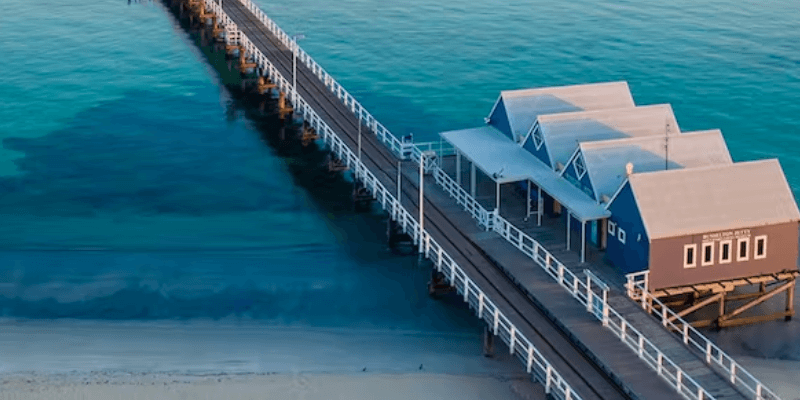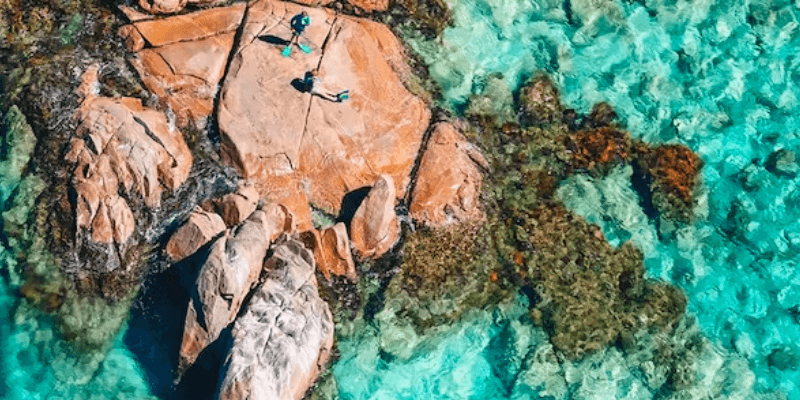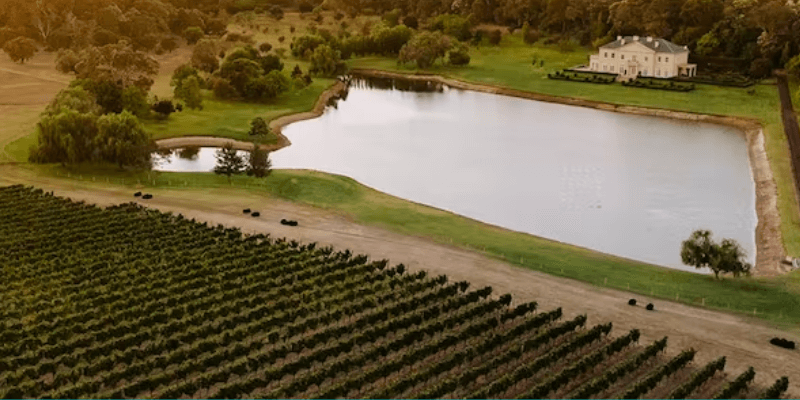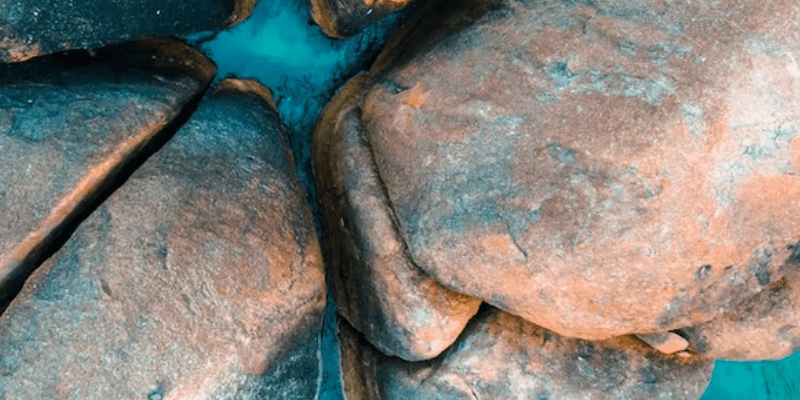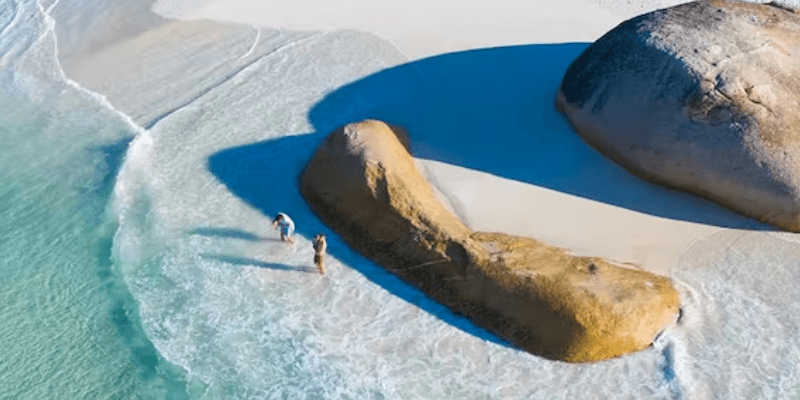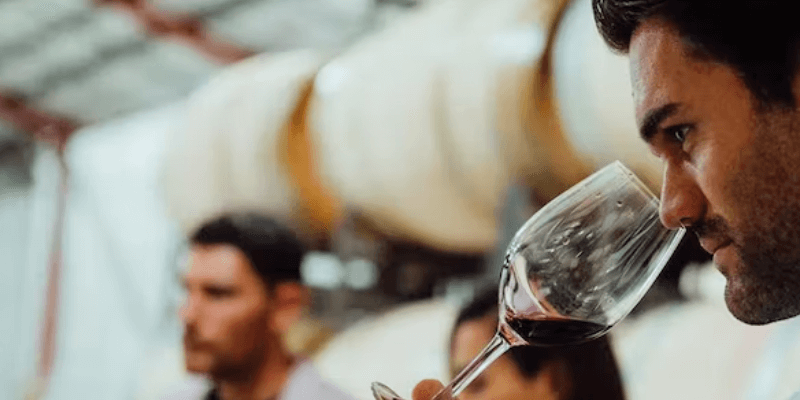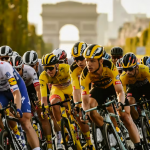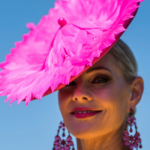Planning to follow the Tour De France peloton while riding sections of the race yourself can be tricky to organise.
It’s certainly not the classic ‘flop and drop’ Bali trip where all that’s required is flights and accommodation. There is a heap of considerations that need to be factored into the planning to ensure a few important things are covered. Because of the location, steep inclines, and multiple locations, it’s vital to think about things such as riding equipment, safety, luggage, transport and not to mention methods to securing top viewing locations at major stages.
To help you along your planning path, we thought we’d help you with our top things to consider when planning to ride the Tour De France in 2023.
Tour De France Consideration #1: Accommodation in Multiple Locations During Peak Periods
The Tour De France is a gruelling race that traverses so many towns, cities and mountainous regions. Starting in Copenhagen, the Tour De France makes its way through 21 stages across the country before finishing up on the famous Champs Elysee in Paris. If you are planning accommodation, each location that you’d like to visit needs to be carefully considered with each stage in mind. Some stages are a lot more popular than others, such as the start, finale and major mountain climbs throughout the French Pyrenees region. Adding to the challenge is the fact that some stages are in remote locations or pass through small villages. This means accommodation can be hard to come by. To really put the cherry on top, if you plan to ride the route, you’ll need to lock in days either before or after the main peloton. Its certainly not impossible, but it is hard work. As a solution, we have a variety of packages that incorporate key stages, such as Col du Corbier and Alpe d’Huez.
Tour De France Consideration #2: Food and Nutrition
For the riding enthusiasts, the aim of the game is to ultimately follow the main peloton while experiencing the gruelling climbs and tight roads. What is super important to make that a possibility is therefore food and nutrition. We’ve spoken to a bunch of groups over our time where some choose to pack important elements such as nutrition bars and gels, while some take another path and purchase them on the way. A word of warning with option 2 – due to the volume of cyclists riding, small villages and towns sell out pretty quickly which may put a fork in the road for you and your group. Also another hot tip is simply the volume of visitors and long lines for restaurants and bars. So to alleviate this strain after a potentially 100km cycle, our Tour De France packages include all meals (breakfast, lunch and dinner), which you and your group can line skip. This also include full picnic lunches for when you are out on the road. The ride is the priority after all and everything else is organised around it, not the other around.
Tour De France Consideration #3: Bike Equipment
When choosing to ride the Tour De France, your bike and gear are crucial. Considering all contingency plans are essential, which even comes down to how often you can wash your kit. If you are thinking of bringing all your gear across from your home country, you’ll need to consider things like backup wheels, tires, tools, enough racing uniforms for the week, shoes, socks – the list goes on. Although this has worked for some who also have the luxury of additional luggage, some opt to hire all the on-ground goods when they land. Our Thomson Bike Tours packages offer all the key hitters such as uniforms, bikes etc. For a small additional fee, their road bikes for hire are perfect. They are high performance, include all the key bells and whistles and have a variety of sizes to suit all riders.
Tour De France Consideration #4: Safety and Terrain
We know that cycling can result in a few mishaps from time to time with the classic popped tire, broken gears and axles, and not to mention a veering off the main road thanks to a rogue pebble. The Tour de France is also an event that includes some pretty precarious mountain climbs, and narrow roads and has recorded some pretty serious accidents over the years. As a result, safety is super important and should be a top consideration when planning your Tour de France trip. This includes things like first aid kits, access to insurance and hospitals etc. We recommend picking stages that have access to medical services in the event of a mishap.
Tour De France Consideration #5: Luggage and Transport
So because the Tour de France has so many stages, transport is a challenging one to organise. There really isn’t any alternative other than a dedicated van and driver that can transport all your equipment, luggage and gear. Although that is the best plan of attack especially if you are choosing to ride and not prepared to carry it all, it’s quite expensive. To ensure prices are kept low, all our packages include a dedicated driver and van that can be used for arrival and departure flights and not to mention transporting all your belongings, equipment etc. from town to town. The best bit? If you’ve got first-day fever and went slightly too hard, you can easily jump in the car for a much-deserved break.
Tour De France Consideration #6: Viewing Platforms during Major Stages
Rightfully one of the most popular cycling events on the globe – the Tour de France attracts a huge international crowd which means major stages and flooded with people. Most of the major climbs in the Pyrenees and also the final stage along the Champs Elysee are so popular that streets are at full capacity. Although the atmosphere from the ground is infectious, seeing the cyclists cross the final finish line or be awarded the top spot on the podium requires some organisation. We recommend a planned tour to ensure you can lock away exclusive hospitality vantage points with free-flowing drinks, raised access and views to the finish line and a first look at the podium.
Tour De France Consideration #7: Flights Access Points
When booking for the Tour De France, looking at flights can be slightly confusing due to the variety of airports and also trying to tee these locations up with the corresponding riding stages. If you are looking at watching the start, then you’ll have to consider that the first stage might highly be outside France. However, once that kick starts, the next is picking stages and finding airports that match. This could include cities such as Paris, Lyon, Nice etc. This is an important consideration and one we get the most questions about.
Tour De France Consideration #8: Cycling Support
For those actually racing in the main Tour De France, they travel with a full team to keep them in optimal condition. Although that may be a little out of the realm, there is certainly a need for cyclist support services if you plan to ride sections of the race yourself. This includes things like a bike mechanic, driver and key organiser (if you are riding in a large group). Our tours offer key personnel, including an overall staff-to-guest ratio of 1 to 3. This means that if you need a replacement part, you won’t be waiting curbside for a very long time. Also, the best part about having a support crew is the stats. They’ll be able to offer you daily ride GPX and GPS files outlining your performance.
Tour De France Consideration #9: Insurances and Injuries
Those that have watched some of the intense crashes in previous years know that it’s vital to consider insurance for the Tour de France, especially if you’re riding sections of the route yourselves. Many insurance policies will cover activities such as cycling, but we recommend you read through the product disclosure statements to double-check you are good to go.
Tour De France Consideration #10: Picking Stages/ Duration
Another key consideration when planning your Tour De France trip is the route you’d like to take and the corresponding daily kilometres you’re prepared to ride. Understanding the stages really just depends on how long you have and also the elevation you’re prepared to ensure. For example, the Pyrenees stages attract very steep inclines, while other non-mountainous sections require fewer uphill battles. To make things super simple, our trips include three tiers:
- Sport: average 35km a day and 1,261m elevation.
- Performance: average 73km a day and 2,189m elevation.
- Epic: average 103km a day and 2,874m elevation.
And there we have it, 10 key things to consider when planning your Tour de France trip. With our alliances with Thomson Bike Tours, we have a variety of custom itineraries that basically take the hard work out of planning all the above. The trips have been trialled and tested for a number of years, meaning we’ve really optimised the route, accommodation options and transport needs. Chat to one of our Travel Specialists today.
You might also be interested to read another related article:

